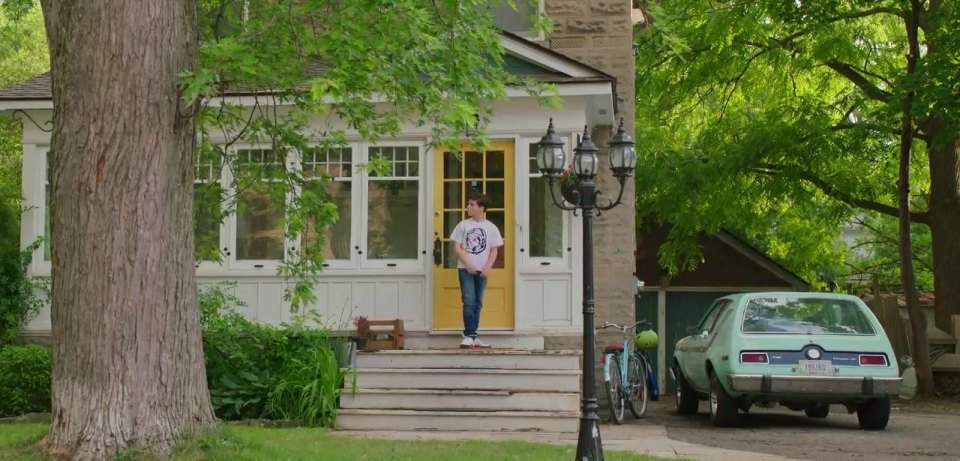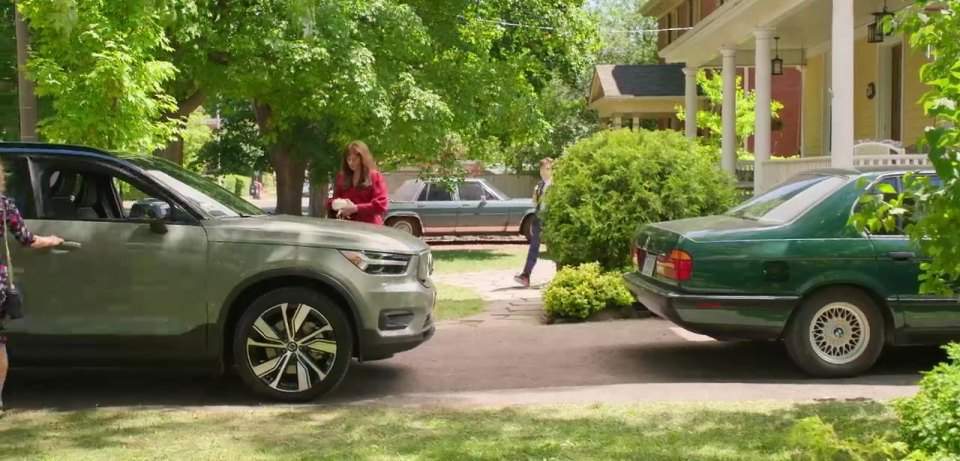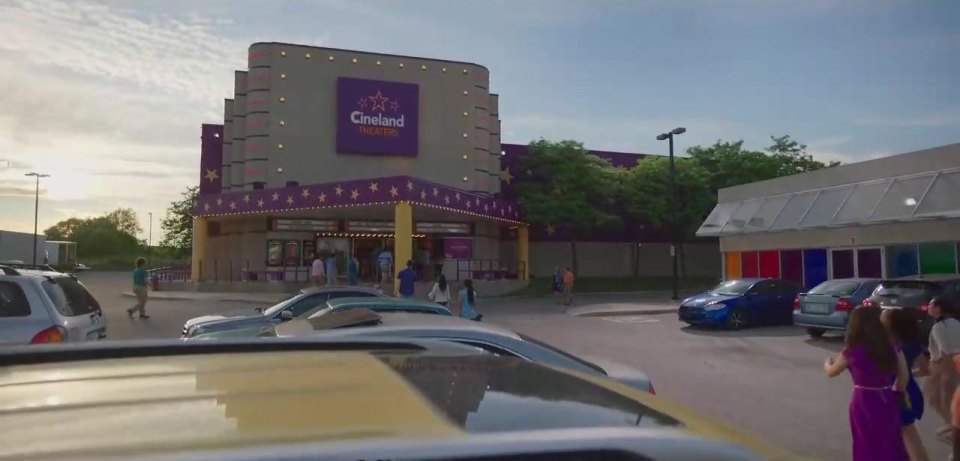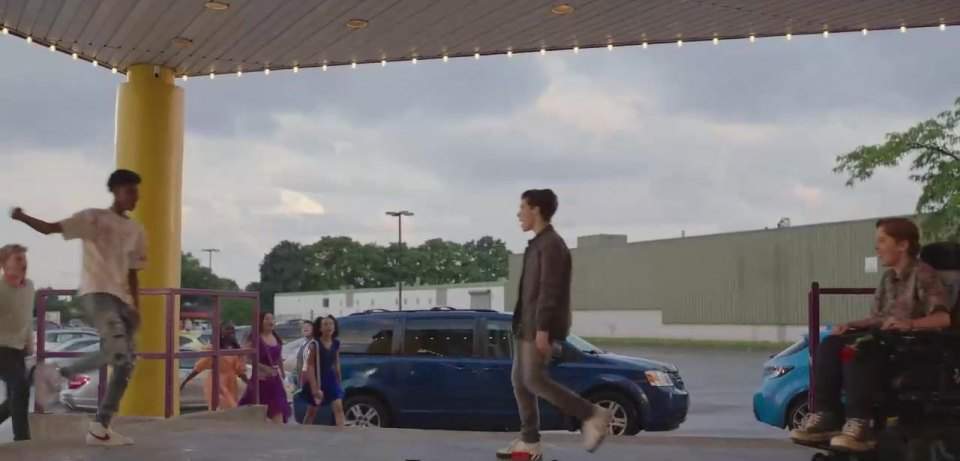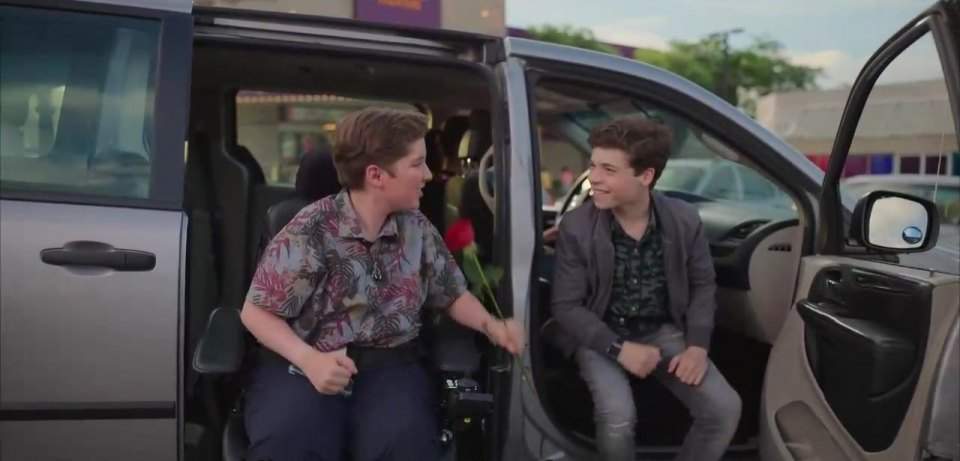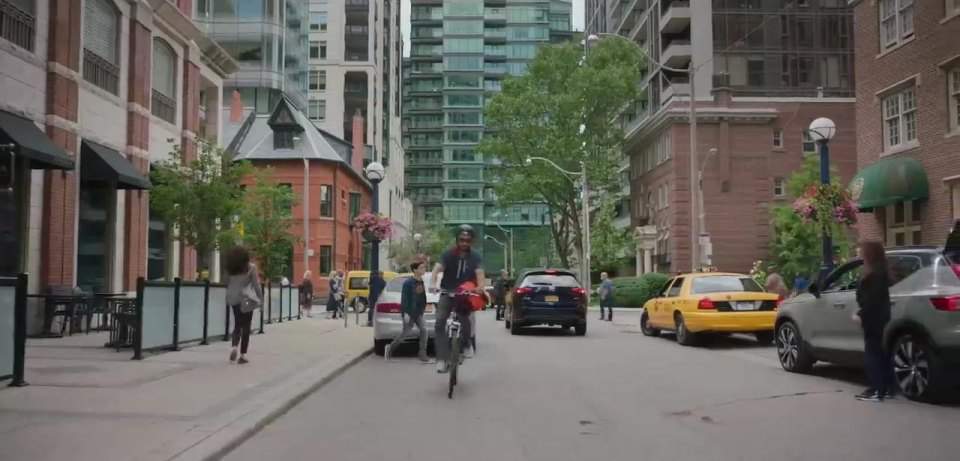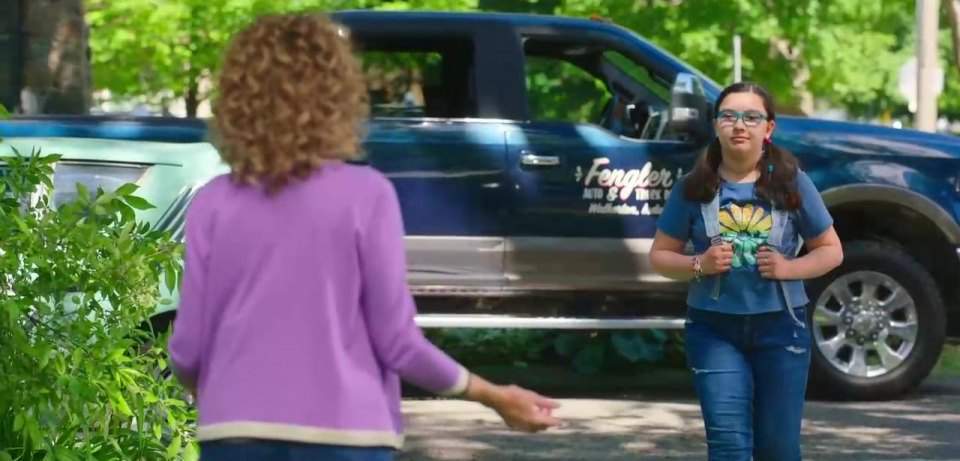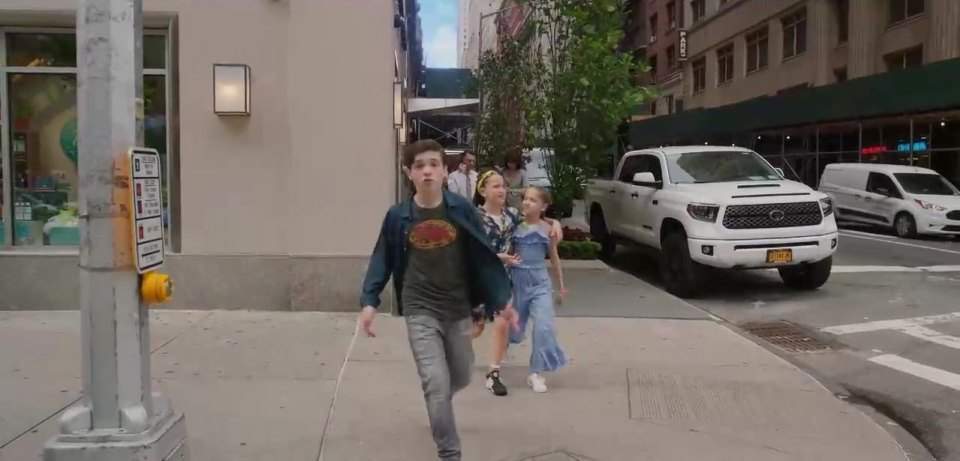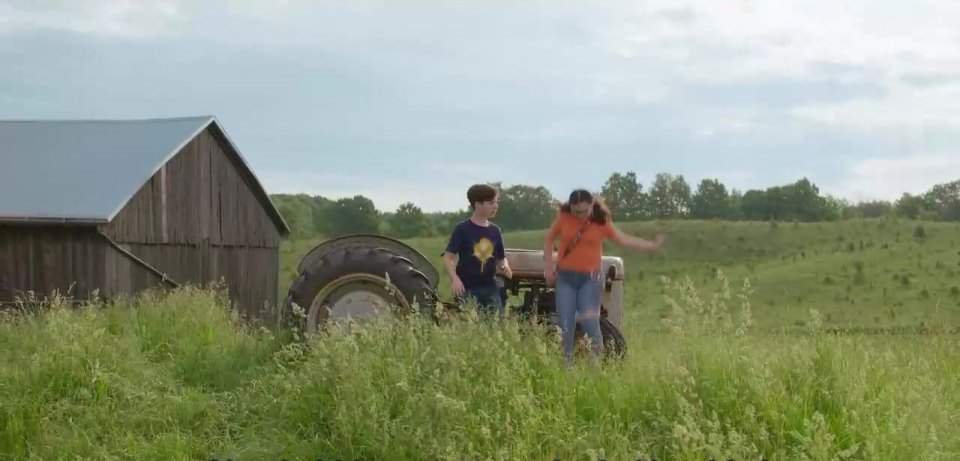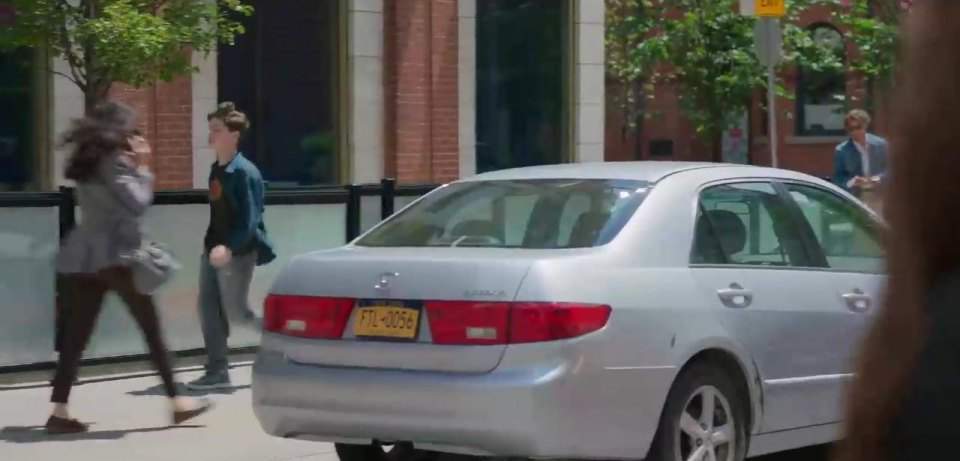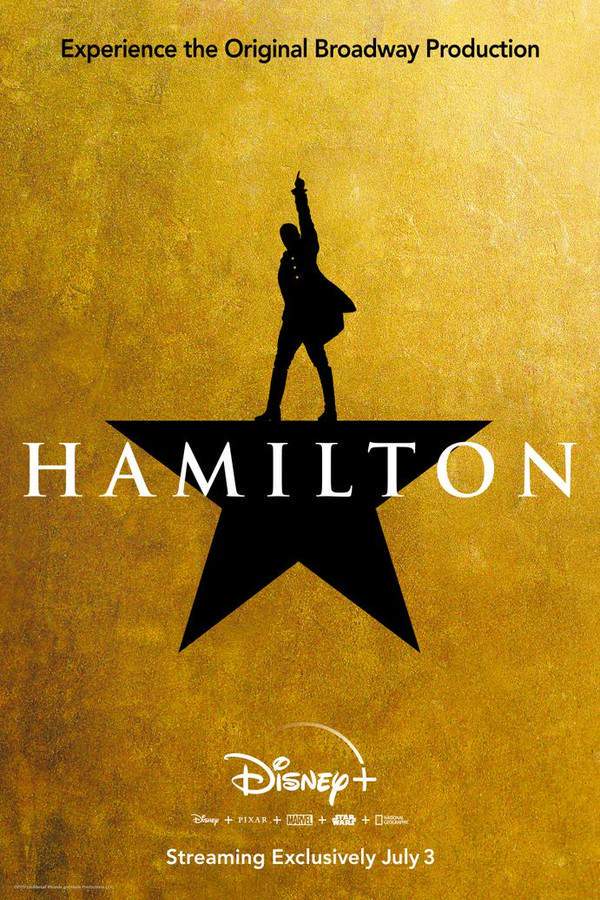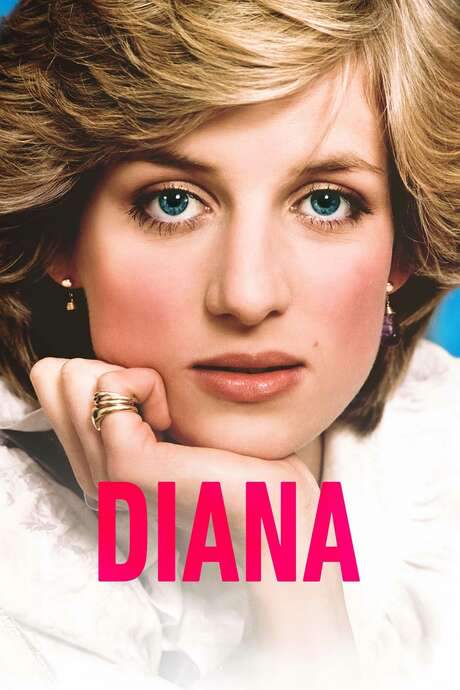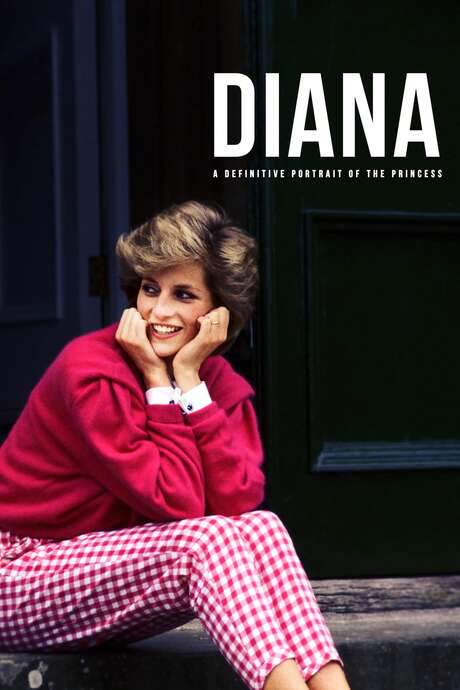Diana: The Musical 2021
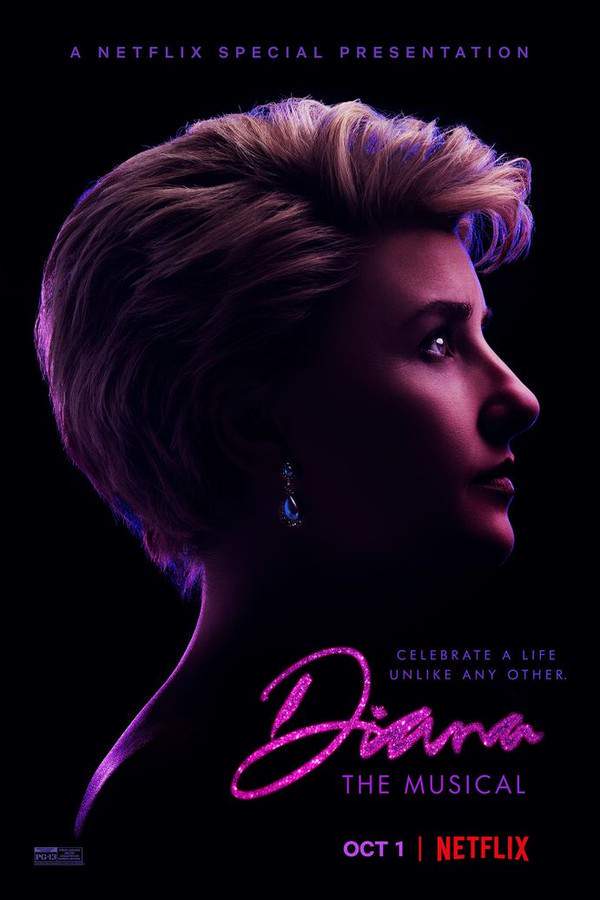
This musical presents a vibrant and emotional look at the life of Princess Diana, celebrating her strength and kindness. The production, filmed prior to its Broadway premiere, explores the challenges and remarkable moments she experienced as a member of the British royal family, offering a poignant tribute to her enduring legacy.
Does Diana: The Musical have end credit scenes?
No!
Diana: The Musical does not have end credit scenes. You can leave when the credits roll.
Meet the Full Cast and Actors of Diana: The Musical
Explore the complete cast of Diana: The Musical, including both lead and supporting actors. Learn who plays each character, discover their past roles and achievements, and find out what makes this ensemble cast stand out in the world of film and television.

André Jordan
Colin, Ensemble
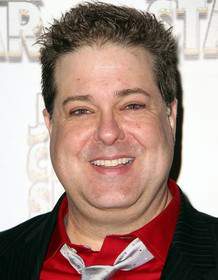
Bruce Dow
Paul Burrell, Ensemble
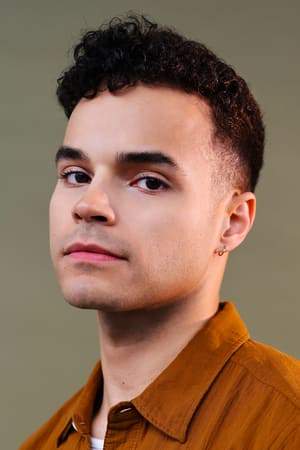
Chris Medlin
Graham, Ensemble

Erin Davie
Camilla
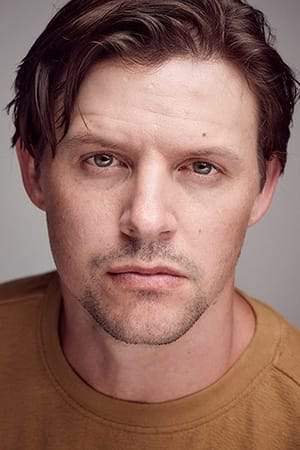
Gareth Keegan
James Hewitt, Ensemble
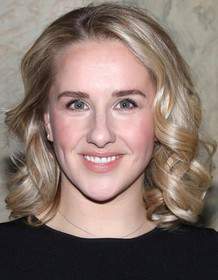
Jeanna de Waal
Princess Diana
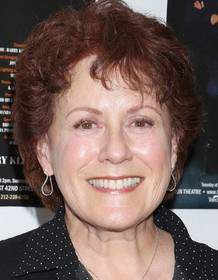
Judy Kaye
Queen Elizabeth, Barbara Cartland

Nathan Lucrezio
Andrew Morton, Ensemble
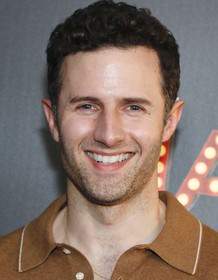
Roe Hartrampf
Prince Charles

Zach Adkins
Andrew Parker Bowles, Ensemble
External Links and Streaming Options
Discover where to watch Diana: The Musical online, including streaming platforms, rental options, and official sources. Compare reviews, ratings, and in-depth movie information across sites like IMDb, TMDb, Wikipedia or Rotten Tomatoes.
Ratings and Reviews for Diana: The Musical
See how Diana: The Musical is rated across major platforms like IMDb, Metacritic, and TMDb. Compare audience scores and critic reviews to understand where Diana: The Musical stands among top-rated movies in its genre.

The Movie Echo Score
Overall, Diana: The Musical is received as a largely unsuccessful translation of a well‑known story into a filmed stage production. Critics emphasize its superficial treatment, uneven musical numbers, and a sense of cash‑in rather than insight, while a small segment of viewers note occasional entertainment value. The consensus points to a project that fails to engage consistently across its core cinematic and theatrical elements, resulting in limited appeal beyond an initial curiosity.
The Movie Echo Score Breakdown for Diana: The Musical

Art & Craft
In terms of art and craft, the production showcases competent set pieces and costumes that some reviewers describe as the best elements available. However, direction and editing are criticized as rushed and lacking nuance, contributing to a feeling of a cheap, cash‑in effort. The visual composition thus oscillates between competent design and overall technical thinness, leaving a mixed but generally unimpressive impression.

Character & Emotion
When evaluating character and emotion, performances are described as mediocre and at times flat, with little depth to the portrayal of Diana. A few audience members praise the cast’s enthusiasm, yet many critics note a lack of nuanced acting and chemistry. The overall character work therefore leans toward a superficial representation that fails to generate strong emotional resonance.

Story & Flow
Regarding story and flow, the narrative is repeatedly called shallow, predictable, and overly familiar, lacking fresh insight into Diana’s life. Critics highlight a disjointed pacing and a reliance on clichés, while a minority of viewers appreciate its entertaining, light‑hearted angle. The dominant view is that the plot offers little originality or compelling structure, resulting in a weak storytelling foundation.

Sensory Experience
The sensory experience receives mixed feedback; some reviewers note occasional bright musical moments and catchy tunes that linger, whereas others condemn the lyrics as on‑the‑nose and the soundtrack as jarring. Sound design is perceived as adequate for a filmed stage show, but overall cohesion suffers from clashing song styles. This yields a sensory impression that teeters between sporadic appeal and overall inconsistency.

Rewatch Factor
For rewatch factor, the consensus is that the film offers limited incentive for repeat viewings, with many describing it as forgettable and lacking lasting impact. A handful of users enjoy its entertainment value enough to recommend another watch, yet the prevailing sentiment is that the experience feels exhausted after a single viewing, diminishing its replay appeal.

29
Metascore
4.7
User Score


12%
TOMATOMETER

38%
User Score

4.4 /10
IMDb Rating

46
%
User Score

2.0
From 13 fan ratings

4.00/5
From 2 fan ratings
Take the Ultimate Diana: The Musical Movie Quiz
Challenge your knowledge of Diana: The Musical with this fun and interactive movie quiz. Test yourself on key plot points, iconic characters, hidden details, and memorable moments to see how well you really know the film.
Diana: The Musical Quiz: Test your knowledge about the life and struggles of Princess Diana as depicted in 'Diana: The Musical'.
What year does the movie begin with Lady Diana's introduction to royal life?
1980
1985
1990
1995
Show hint
Full Plot Summary and Ending Explained for Diana: The Musical
Read the complete plot summary of Diana: The Musical, including all major events, twists, and the full ending explained in detail. Explore key characters, themes, hidden meanings, and everything you need to understand the story from beginning to end.
As the clock struck 1980, Lady Diana Spencer, a vibrant and youthful 19-year-old, found herself wrapped in the threads of royal drama. Her introduction to Prince Charles’ circle occurred during an extravagant soirée at Buckingham Palace, where she encountered Camilla Parker Bowles, the mysterious mistress who had ensnared Charles’s heart. Unbeknownst to Diana, Queen Elizabeth II was actively pursuing a fitting match for her grandson, viewing the young Lady Diana as a potential bride, especially in light of Charles’s recent split from her elder sister, Sarah. The Queen’s excitement about this unexpected union was palpable, as she considered it a suitable remedy for “The Worst Job in England” that came with being the Princess of Wales.
In a twist of fate, Charles extended a peace offering towards Diana, presenting her with an exquisite necklace and inviting her to an enchanting performance by the acclaimed cellist Mstislav Rostropovich. This event rekindled Diana’s connection with Camilla, igniting her worries as she witnessed the furtive exchanges between Charles and his lover. Amidst the magic of the evening, Diana’s imagination took flight, envisioning a punk-rock-inspired concert that resonated more with her unique tastes. Meanwhile, Camilla began to realize that Diana was, in the minds of the public, the ideal princess—a perception that was soon to materialize.
As media attention honed in on Diana and Charles’s budding romance, the press surrounded her with the ravenous hunger of vultures. Although the prince himself grappled with his emotions towards Diana, Queen Elizabeth’s determination for him to propose only grew stronger. Surrounded by whispers of approval, Charles ultimately made the proposal, reassuring Camilla that their affair could persist if she allowed it. Camilla, with her pragmatic outlook, agreed, fully aware that Charles’s heart remained entwined with hers. As Diana uneasily embraced her new royal life and the expectations that accompanied it, she and Charles exchanged vows in an opulent ceremony. Yet even amidst the celebrations, Camilla’s husband Andrew was caught in his own web of betrayal, inspiring him to support his wife with words of encouragement as the chaos of their marital dynamics unfolded.
In her first public appearance in Wales, initial doubts from the locals faded, giving way to an overwhelming adoration for the new royal. Meanwhile, Charles’s discomfort was evident as he struggled to balance his aspirations with the overwhelming fame now conferred upon Diana. Camilla, ever the strategist, seized the moment to revive her connection with Charles by spreading rumors about the severance of ties between Andrew and his family, causing Charles to gravitate back to his wife.
The announcement of Diana’s pregnancy and the birth of their son William marked a pivotal change in her life. However, happiness quickly escaped her grasp as she overheard Charles’s secretive phone calls with Camilla, a gut-wrenching realization that left her shattered. The emotional burden of this revelation plagued Diana, deepening her depression even after the arrival of their second child, Harry.
With insightful advice from Sarah, Diana learned to harness her influence for good and turned her focus towards charitable endeavors, propelling her into an unprecedented level of popularity after a surprise performance at the Royal Ballet Christmas Gala. Enraged by her newfound success, Charles reminded her that her primary achievement was her marriage to him, an assertion that only solidified Diana’s resolve to change her narrative.
In a covert midnight rendezvous, Charles visited Camilla, who professed her unwavering affection for him and her eagerness to rekindle their affair. Seizing the opportunity for empowerment, Diana decided to leverage her media presence to counter Charles’s actions, boldly challenging the entrenched social expectations of British society. Despite his attempts to resist, Diana transformed herself into a symbol of change, her popularity soaring as she took charge of her destiny.
As the legendary Barbara Cartland, Diana’s novelist relative, weaves the intricate tapestry of royal intrigue, James Hewitt, a recently returned war hero, enters the scene, igniting a passionate affair with Diana. Cartland astutely notes that these extramarital dalliances—Diana’s with James and Charles’s with Camilla—were filled with genuine passion and joy, contrasting starkly with the stifled atmosphere of the royal couple’s marriage.
As tensions simmer under the surface, Diana approaches Charles regarding her sentiments for James, but he dismisses her concerns, choosing instead to pursue his own desires. It is Colin, Charles’s loyal valet, who delivers the news of Diana’s affair with James, only for Charles to turn a blind eye, as long as Camilla remains in his life.
Despite Charles’s escalating discomfort, Diana finds solace in her connections with men at an AIDS clinic. Yet the intensity of their marital issues reaches a boiling point, leading her to attend a gathering for Camilla’s sister, resulting in a dramatic confrontation among the trio. During the ride home, Charles disclosed his awareness of Diana’s relationship with James, reassuring her that as long as they both cherished their sons, everything would be fine.
Diana’s excitement at sharing her news with James turned to disappointment when he revealed his duty called him away to Germany for a two-year assignment. This only fueled Diana’s determination for retribution against Charles. Meanwhile, the press’s scrutiny of Charles’s crumbling marriage intensified.
To regain control of her narrative, Diana collaborated with Andrew Morton, an author researching her life. She consented to offer anonymous quotes, ruthlessly critiquing Charles, Camilla, and the Royal Family, resulting in a shocking exposé that sent ripples throughout the nation.
As tensions escalated between Charles and Camilla, his attempts to include her in royal engagements were met with defiance. In a decisive move, Charles bared his heart in a televised interview, discussing his affair in an attempt to repair his tarnished image. This prompted a reprise of the heart-wrenching ballad, as Charles’s emotions resurfaced.
Diana found herself unwittingly swept into this media frenzy when her loyal butler, Paul Burrell, informed her about Charles’s impending interview. Sensing an opportunity to shift focus back to her, Paul implored Diana to wear a striking outfit dubbed the “F-You Dress.” As the palace staff lamented this turn of events, the Queen ultimately consented to grant them a divorce.
In the wake of this decision, the Queen reflected mournfully on her own matrimonial journey, wishing Diana could steer clear of similar heartache. Filled with hope for her future, one that centered around her cherished sons, Diana’s fresh start was tragically cut short in a fatal car accident. In the aftermath of this harrowing loss, Charles and his allies shed a haunting reminder: “the people who will change the world are not those you think will change the world.” As the tale comes to a close, the audience is left to contemplate the intricate dynamics of love, loss, and the resilience of the human spirit.
Uncover the Details: Timeline, Characters, Themes, and Beyond!

Coming soon on iOS and Android
The Plot Explained Mobile App
From blockbusters to hidden gems — dive into movie stories anytime, anywhere. Save your favorites, discover plots faster, and never miss a twist again.
Sign up to be the first to know when we launch. Your email stays private — always.
Watch Trailers, Clips & Behind-the-Scenes for Diana: The Musical
Watch official trailers, exclusive clips, cast interviews, and behind-the-scenes footage from Diana: The Musical. Dive deeper into the making of the film, its standout moments, and key production insights.
Cars Featured in Diana: The Musical
Explore all cars featured in Diana: The Musical, including their makes, models, scenes they appear in, and their significance to the plot. A must-read for car enthusiasts and movie buffs alike.
Diana: The Musical Themes and Keywords
Discover the central themes, ideas, and keywords that define the movie’s story, tone, and message. Analyze the film’s deeper meanings, genre influences, and recurring concepts.
Diana: The Musical Other Names and Titles
Explore the various alternative titles, translations, and other names used for Diana: The Musical across different regions and languages. Understand how the film is marketed and recognized worldwide.
Similar Movies To Diana: The Musical You Should Know About
Browse a curated list of movies similar in genre, tone, characters, or story structure. Discover new titles like the one you're watching, perfect for fans of related plots, vibes, or cinematic styles.
Quick Links: Summary, Cast, Ratings, More

What's After the Movie?
Not sure whether to stay after the credits? Find out!
Explore Our Movie Platform
New Movie Releases (2025)
Famous Movie Actors
Top Film Production Studios
Movie Plot Summaries & Endings
Major Movie Awards & Winners
Best Concert Films & Music Documentaries
Movie Collections and Curated Lists
© 2025 What's After the Movie. All rights reserved.















